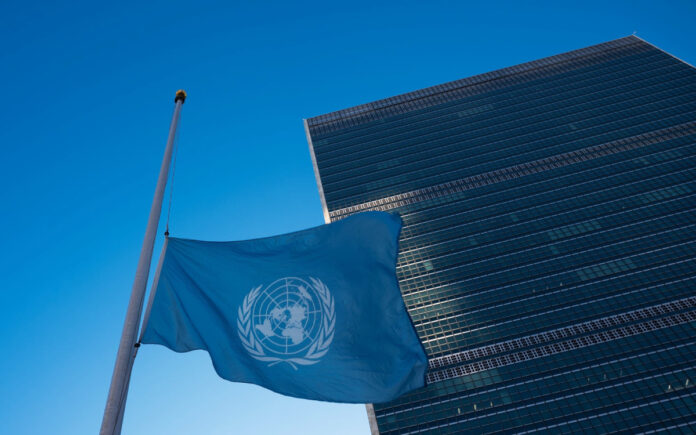New York: Pacific Island nations are increasingly vulnerable to becoming operational bases for global criminal organizations, according to a recent report from the United Nations Office on Drugs and Crime (UNODC). Released on Friday, the report highlights a surge in criminal activities across this isolated and economically fragile region.
The UNODC report outlines a “threat environment” characterized by rising incidents of drug and human trafficking, illegal fishing, wildlife theft, money laundering, and cybercrime, with these threats escalating at an unprecedented rate. The region has now attracted drug cartels from the Americas, outlaw motorcycle gangs from Australia and New Zealand, and various Asian crime syndicates.
“The thriving criminal ecosystem in the Pacific has attracted powerful transnational criminal networks from different corners of the world,” the report states. It expresses growing concern that certain areas may evolve into key nodes and footholds for criminal groups engaged in a broad spectrum of illicit activities.
Also Read | No Ceasefire Discussions: Zelensky Urges Western Allies for Increased Support
Spread across vast expanses of ocean, Pacific Island nations face unique vulnerabilities due to their geographic isolation and economic instability, compounded by high levels of corruption and limited state capacity. Historically, many of these islands have depended on foreign nations, such as Australia, for policing support. This dependency has become geopolitically sensitive, particularly following China’s deployment of police to the Solomon Islands in 2022, and the presence of Chinese officers in Kiribati.
Also Read | India’s High Food Inflation Cuts Nutritional Value of School Meals for Poor Children
In response, Australia has asserted that China should have no role in policing the region, pledging A$400 million ($270 million) to bolster police training and deployment in the area. The United States, sharing concerns about China’s influence, announced in August its commitment to collaborate with Pacific nations to combat drug trafficking linked to criminal organizations operating in China and Southeast Asia.



